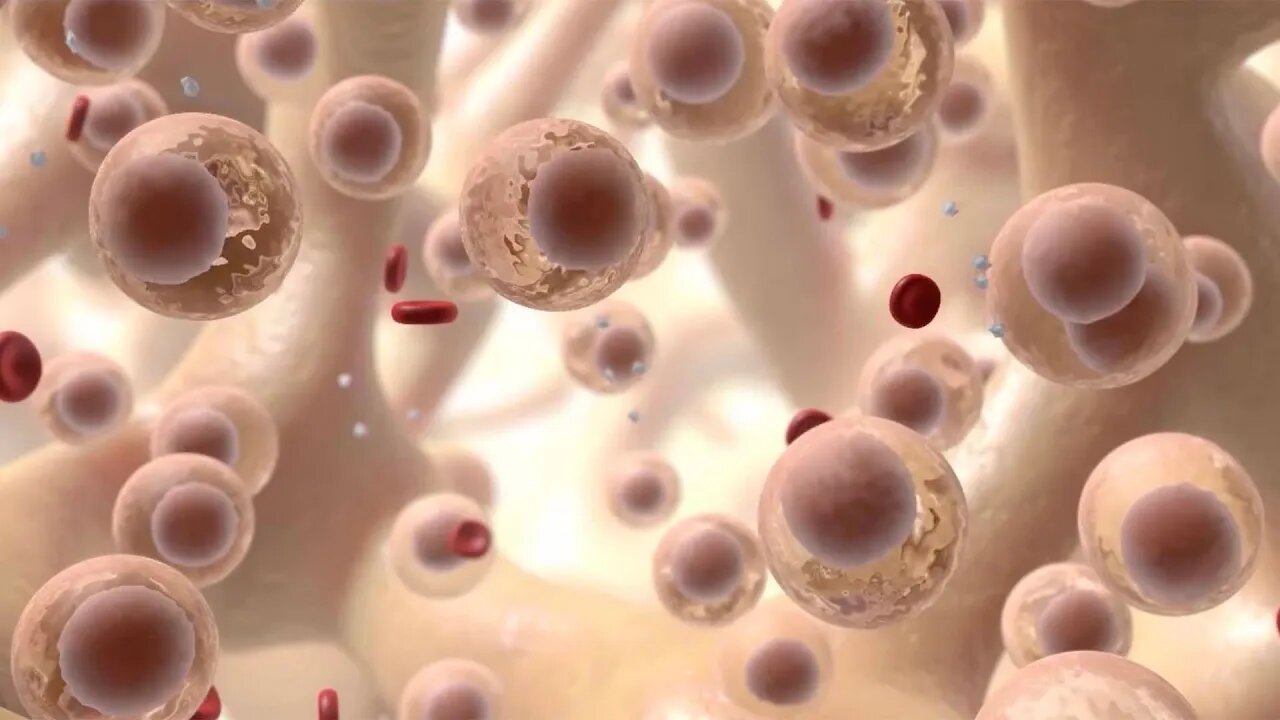Premium Only Content

Managing Leukemia, Lymphoma, and Multiple Myeloma
MEDICAL ANIMATION TRANSCRIPT: You or someone you care about may have been diagnosed with a blood cancer. This video will help you understand how it can be managed. Blood cancer, also known as hematologic cancer begins in blood-forming tissues such as bone marrow. Bone marrow is the spongy tissue inside your bones that makes blood cells or blood cancer may start within the cells of the immune system. Examples of blood cancer are leukemia, lymphoma, and multiple myeloma. Treatments such as chemotherapy, radiation therapy, targeted therapy, immunotherapy, and stem cell transplant may control blood cancers depending on the type of cancer and other factors. It is important to have a care plan in place not only for receiving therapy and personal care but also for follow up care. This includes scheduling and going to follow-up appointments. In addition to checking your general health and wellbeing, your doctor will want to check for any signs of the cancer returning and check for health problems that may have resulted from treatment. For example, you may have tests and imaging studies performed, including taking samples of your blood, fluid around your spinal cord or bone marrow to check for cancer as relevant for your situation. Continue taking all your medications as prescribed. Do not stop taking them without talking to your doctor. It is helpful to take notes for points to discuss at your next doctor's visit. This could include any side effects you may have noticed. If you've had treatments such as chemotherapy, radiation therapy, or a bone marrow transplant, follow any instructions you were given. There are lifestyle changes that can improve your health and help you feel better. There are benefits to stopping smoking. This lowers the risk for cancer returning or spreading. It's generally accepted that eating a healthy diet can help you feel better and stronger both during and after treatment. Physical activities like walking, riding a bicycle or swimming can help you feel better and less tired. Talk to your doctor before starting an exercise routine. Knowing you have cancer can be overwhelming. You may have worries about your condition and how sick you could get, how it will affect you and your family, treatments and hospital stays, medical bills, and your job. There are ways to find support for you. Remember that your doctor and healthcare team are there to answer any questions you have. The following sources of support can help you, social workers, faith leaders, counselors, and support groups. Talk to your doctor if you have any questions about your treatment plan, medications or lifestyle changes to help you manage your blood cancer.
#BloodCancer #HematologicCancer #Leukemia
ANH19229
-
 DVR
DVR
JustPearlyThings
1 hour agoWhy MODERN WOMEN Keep REJECTING The Redpill! | Pearl Daily
6.98K3 -
 39:01
39:01
The Why Files
8 days agoSymbols of Power: Deciphering the Language of the Secret Elite
47.7K50 -
 45:17
45:17
The Officer Tatum
4 hours agoLIVE: Scott Jennings INCINERATES CNN, DNC Union BEGS For Money, + MORE | OT Show EP 15
37.7K29 -
 29:44
29:44
Standpoint with Gabe Groisman
6 hours agoEP. 59. The State of Western Militaries Today. Col. Richard Kemp
16K -
 47:24
47:24
Candace Show Podcast
2 hours agoConor McGregor: GUILTY—But Of What? | Candace Ep 111
46.6K108 -
 1:19:57
1:19:57
Awaken With JP
7 hours agoThanksgiving for America Special - LIES Ep 67
83.6K25 -
 3:58
3:58
Blackstone Griddles
1 day agoLeftover Turkey with White Country Gravy
27.8K3 -
 42:19
42:19
Lights, Camera, Barstool
10 hours agoDoes 'Glicked' Meet The Hype? 'Gladiator II' And 'Wicked' Reviews
27.6K2 -
 1:28:03
1:28:03
MTNTOUGH Fitness Lab
3 hours agoRandy Newberg's Shot of a Lifetime: The Intense 5-Second Window for a Trophy Ram | MTNT POD #91
13.5K -
 1:02:44
1:02:44
World Nomac
10 hours agoThe side of Las Vegas they don't want you to know about
10.7K